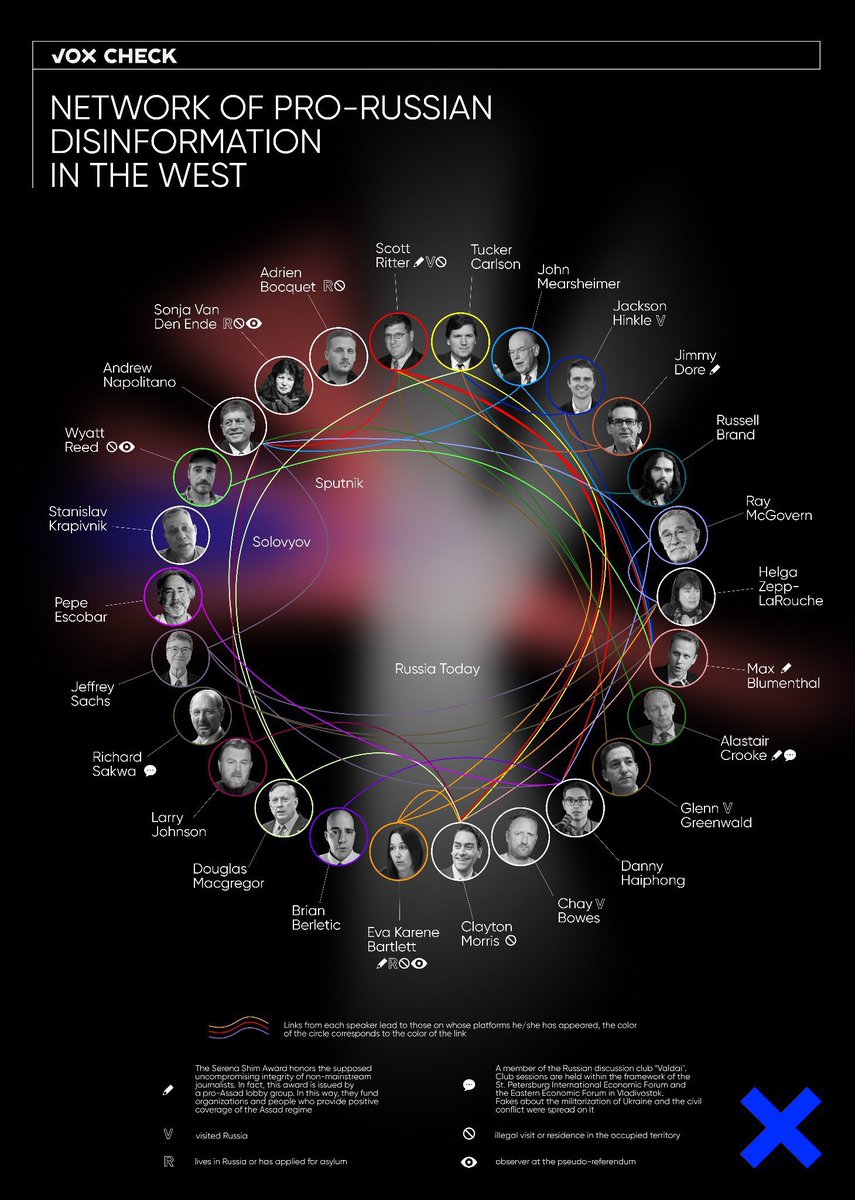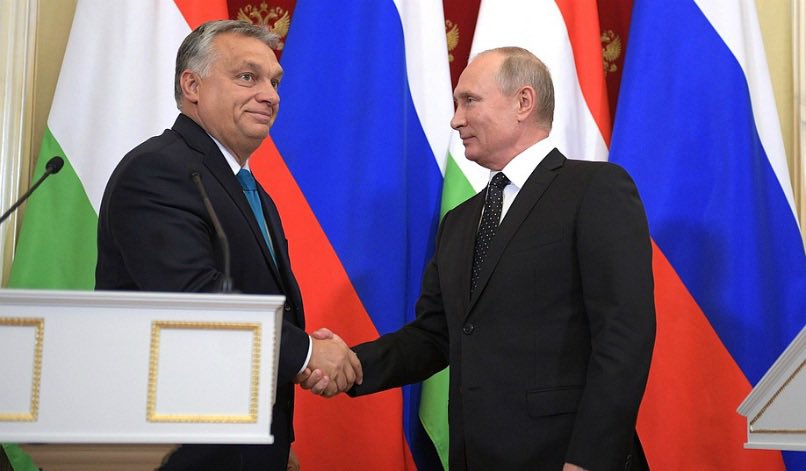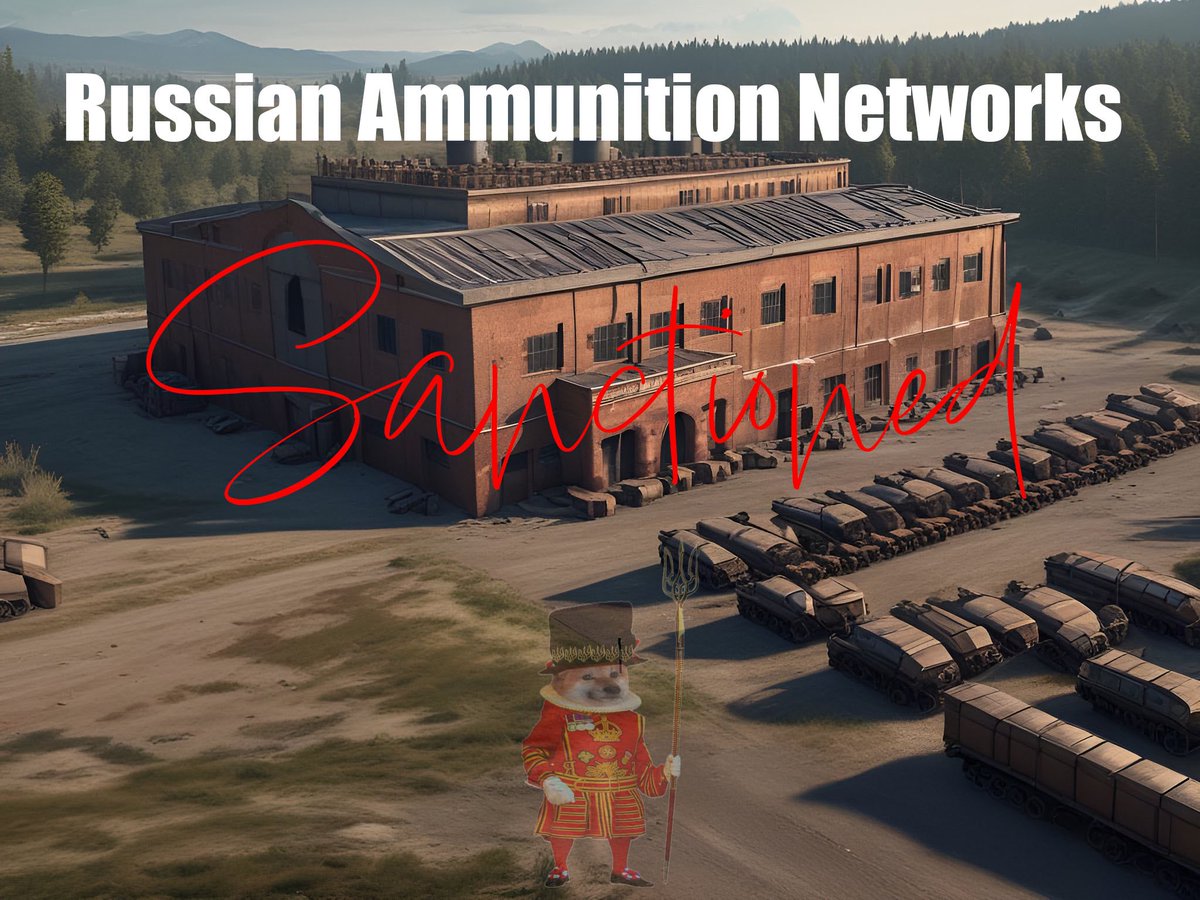Here’s a consolidated network of russian propagandists.
Read to description to understand the links and activity.
Read to description to understand the links and activity.

• • •
Missing some Tweet in this thread? You can try to
force a refresh






















